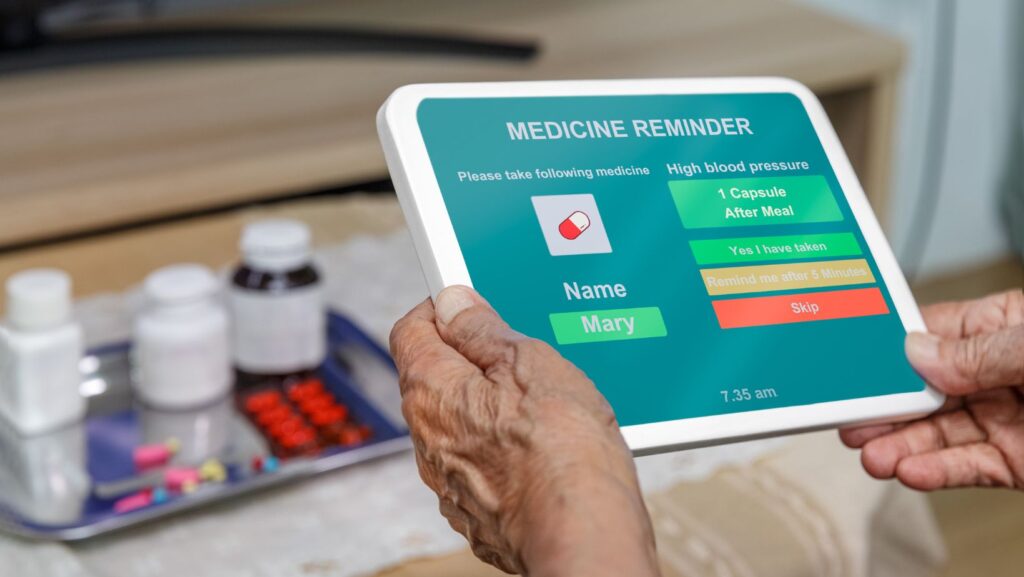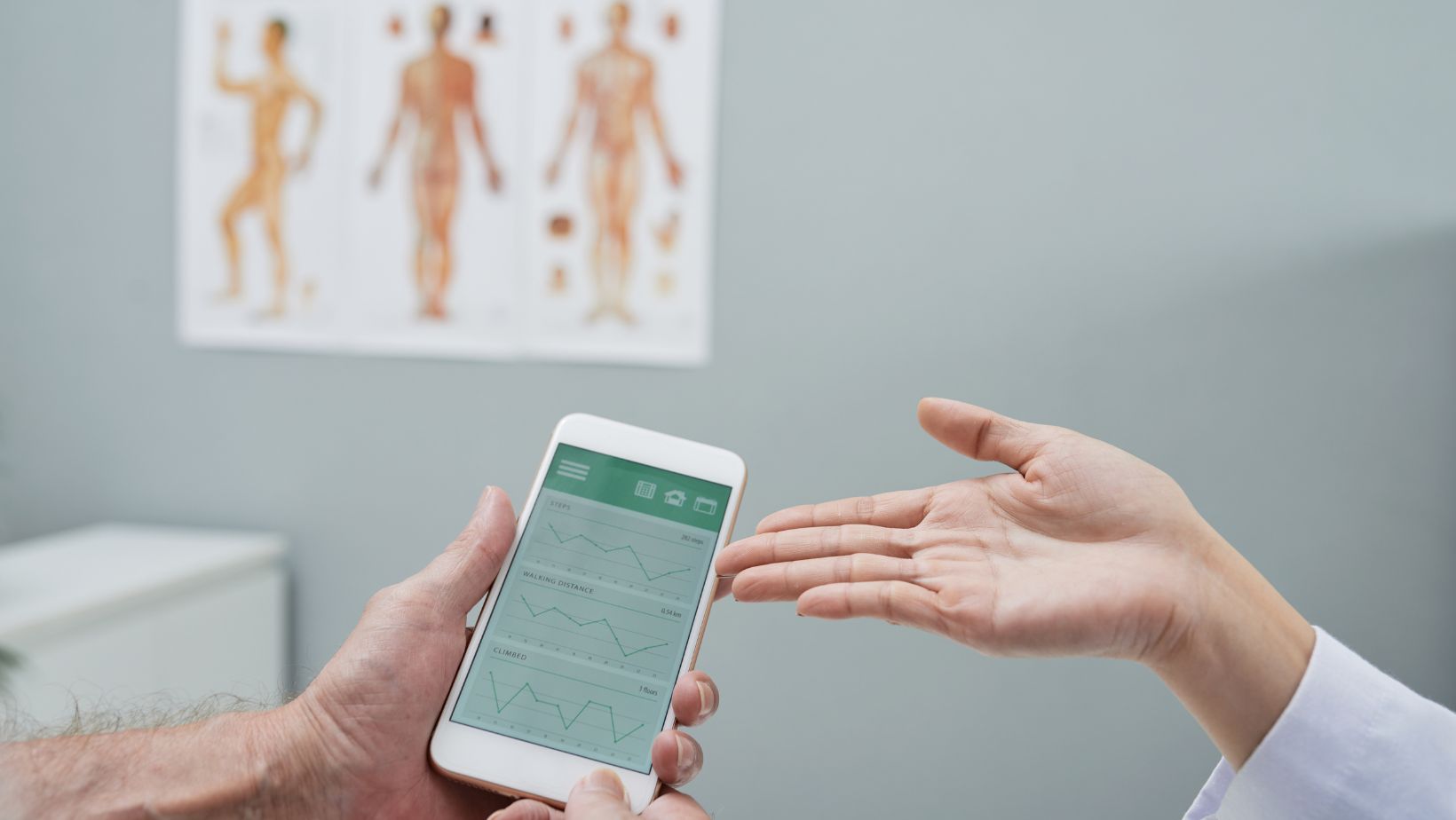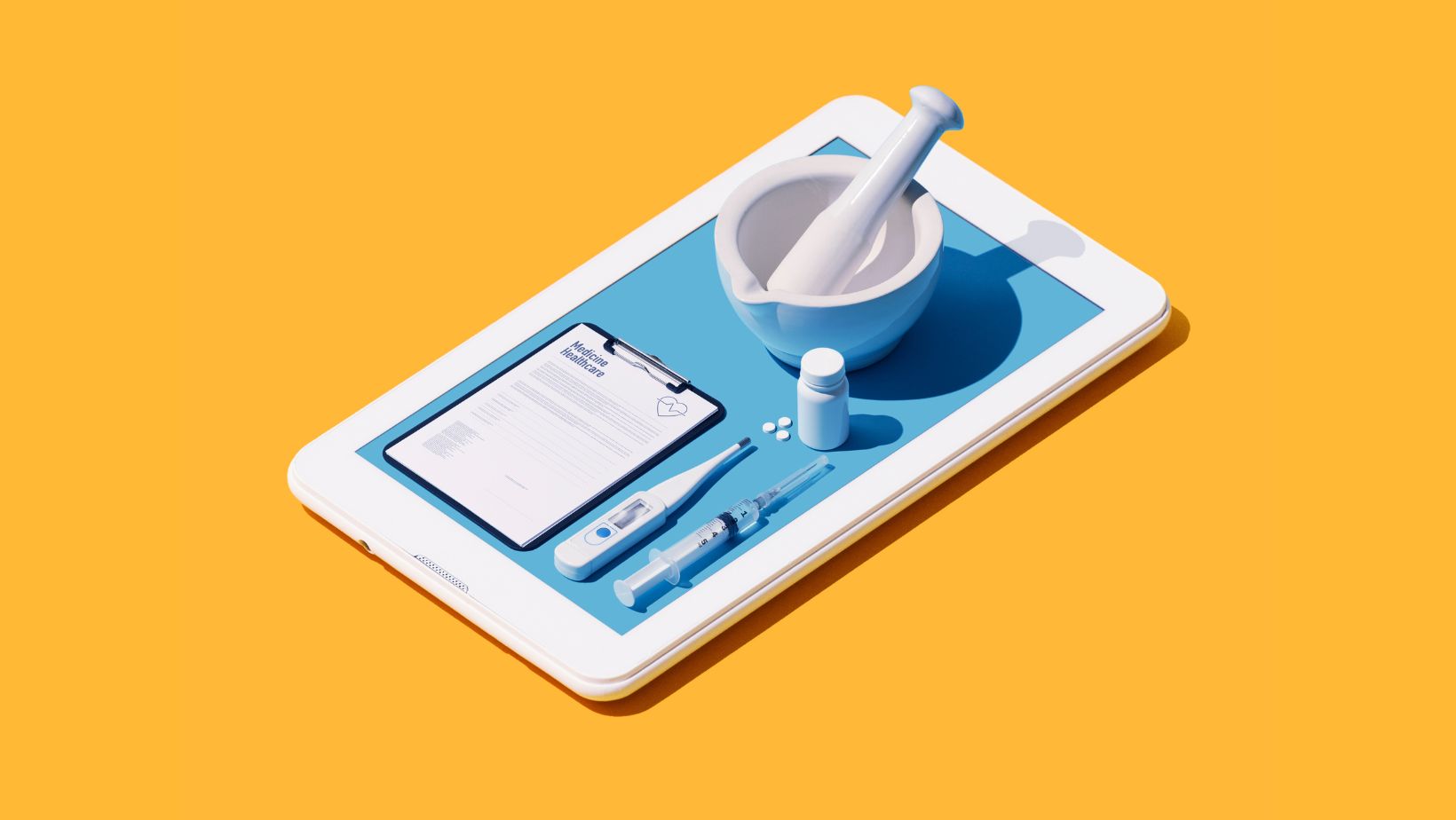
Medication adherence is a critical factor in effective healthcare management, directly influencing treatment outcomes and overall patient health. Non-adherence to prescribed medication regimens can lead to poor health outcomes, increased hospitalizations, and higher healthcare costs.
In recent years, medication apps have emerged as valuable tools for improving medication adherence. These apps offer a range of features designed to help patients manage their medications more effectively.
This article explores how medication apps improve medication adherence, focusing on their functionality, benefits, and potential challenges.
Understanding Medication Adherence
Definition and Importance
Medication adherence refers to the extent to which a patient follows their prescribed medication regimen, including the right dosage, timing, and frequency. Adherence is essential for achieving desired therapeutic outcomes, controlling chronic conditions, and preventing complications.
Poor adherence can undermine treatment efficacy, lead to disease progression, and result in unnecessary healthcare costs.
Factors Affecting Adherence
Several factors can impact medication adherence, including:
- Complexity of the Regimen: Complex medication schedules can be challenging to follow.
- Side Effects: Adverse effects may lead patients to skip doses or discontinue medication.
- Forgetfulness: Patients may forget to take their medication, especially if they are on multiple prescriptions.
- Cost: High medication costs can deter patients from adhering to their regimen.
- Lack of Understanding: Patients may not fully understand the importance of their medication or how to take it properly.
Features of Medication Apps
Medication apps are designed to address these challenges by offering a variety of features that support adherence.
Medication Reminders
One of the most valuable features of medication apps like My Medadvisor is the ability to set reminders for medication intake. These reminders can be customized based on the medication schedule, including specific times, dosages, and frequency. By providing timely alerts, medication apps help patients remember to take their medications as prescribed, reducing the likelihood of missed doses.
Medication Tracking
Medication apps often include tracking features that allow patients to record their medication intake. Users can log each dose taken, monitor adherence patterns, and track any missed doses. This tracking functionality helps patients stay organized and provides a visual representation of their adherence history, which can be motivating and informative.
Drug Interaction Checks
Many medication apps offer drug interaction checks, which help users identify potential interactions between their prescribed medications and over-the-counter drugs or supplements.

By alerting users to possible interactions, these apps help prevent adverse effects and ensure that patients are taking their medications safely.
Personalized Dosage Information
Medication apps provide detailed information about each medication, including dosage instructions, potential side effects, and storage requirements. This personalized information helps patients understand their medication regimen better and ensures they take their medications correctly.
Educational Resources
Educational resources within medication apps offer valuable information about the medications being taken, including their purpose, benefits, and potential side effects. These resources help patients gain a better understanding of their treatment and the importance of adherence, which can improve their motivation and commitment to their regimen.
Integration with Health Records
Some medication apps integrate with electronic health records (EHRs) or health management systems, allowing for seamless synchronization of medication information. This integration ensures that patients and healthcare providers have access to the most up-to-date information, facilitating better communication and coordination of care.
Support for Multiple Medications
For patients taking multiple medications, medication apps can simplify the management process by consolidating information about all their prescriptions in one place. This feature helps patients keep track of their entire medication regimen and ensures that they adhere to each prescribed medication.
Benefits of Medication Apps for Adherence
Improved Organization
Medication apps help patients stay organized by providing a centralized platform for managing their medications. Features such as reminders, tracking, and dosage information reduce the cognitive load of managing multiple prescriptions and simplify the adherence process.
Enhanced Engagement
By offering interactive features and educational resources, medication apps engage patients in their healthcare management. Increased engagement can lead to a better understanding of the medication regimen, increased motivation, and a higher likelihood of adherence.
Real-Time Feedback
Medication apps provide real-time feedback on medication adherence, allowing patients to monitor their progress and make adjustments as needed. This immediate feedback helps patients stay on track with their regimen and address any issues promptly.
Personalized Support
Medication apps offer personalized support tailored to each patient’s specific medication regimen. Customized reminders, dosage information, and educational resources address individual needs and preferences, enhancing the effectiveness of adherence support.
Better Communication with Healthcare Providers
Integration with health records and communication features in medication apps facilitates better collaboration between patients and healthcare providers. Healthcare providers can access adherence data, track patient progress, and offer tailored advice or interventions based on the information provided by the app.
Potential Challenges and Considerations
Privacy and Security
The storage and transmission of sensitive health information raise privacy and security concerns. Medication apps must adhere to strict data protection regulations and implement robust security measures to safeguard user information. Patients should ensure that the apps they use are reputable and compliant with relevant privacy standards.
User Experience
The effectiveness of medication apps depends on their user experience. Apps that are difficult to navigate or lack intuitive design may discourage patients from using them consistently. Developers should prioritize user-friendly interfaces and accessibility to maximize the app’s benefits.
Technological Barriers
Not all patients have access to smartphones or the necessary technological skills to use medication apps effectively.

Addressing technological barriers and providing alternative support options for those who may not be comfortable with digital tools is important for ensuring equitable access to adherence support.
Dependence on Technology
While medication apps offer valuable support, they should not be the sole solution for medication adherence. Patients should also receive education and support from healthcare providers to address any underlying factors affecting adherence. A balanced approach that combines digital tools with personalized care is essential for optimal outcomes.
Maximize the Benefits of Medication Apps
Medication apps represent a significant advancement in improving medication adherence by offering features such as reminders, tracking, drug interaction checks, and personalized support. These apps enhance organization, engagement, and communication, contributing to better adherence and overall health outcomes.
However, challenges related to privacy, user experience, technological barriers, and dependence on technology must be addressed to maximize the benefits of these tools. By leveraging the capabilities of medication apps and integrating them with comprehensive patient care, healthcare providers and patients can work together to achieve better medication adherence and improve health outcomes.










